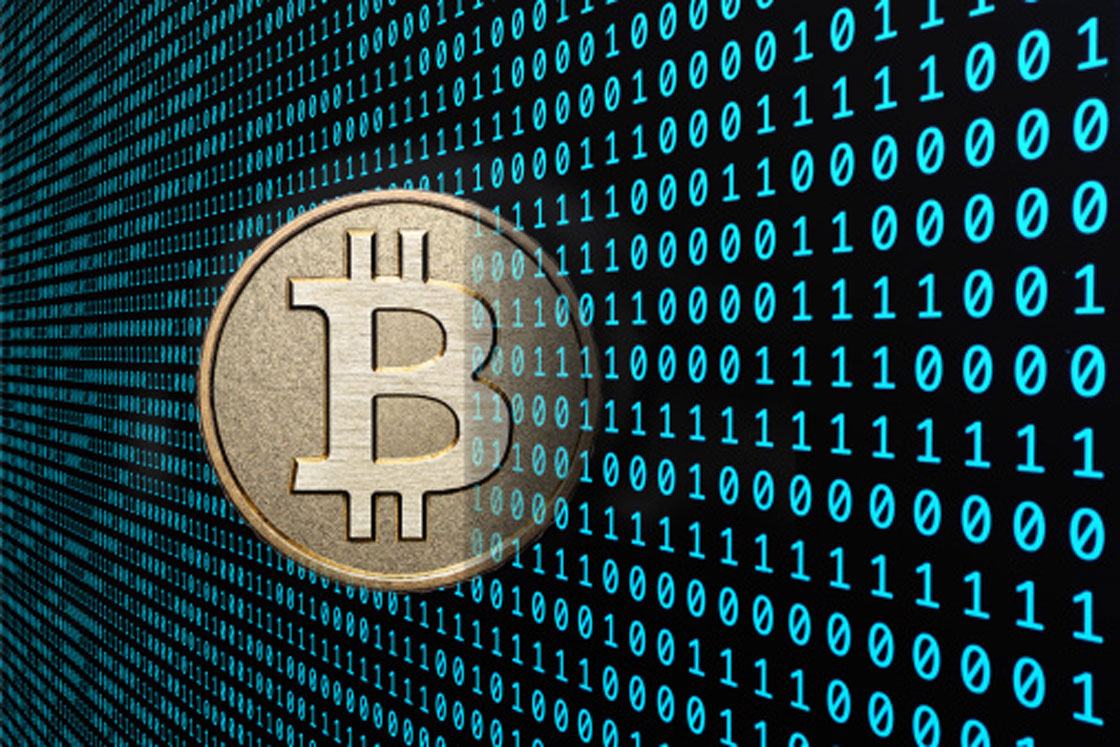TORONTO – Bitcoin is becoming easier to buy and use all over the country.

From major retailers like Clearly Contacts and Overstock.com accepting Bitcoins for products, to condo developers accepting digital currency as a down payment on a home, it’s clear that Canada’s interest in the cryptocurrency is gaining traction.
But despite its growing popularity, Bitcoin remains fairly elusive.
Bitcoin uses peer-to-peer (P2P) technology to operate without using banks – it has no paper trail and exists entirely online. Because of this, it is not regulated by any government or financial institution.
Using Bitcoins allows users to send money directly to each other without having to go through a bank, making fees much lower and allowing for international use of the money.
READ MORE: As Bitcoin surges, Canadian banks make converting to cash difficult
But is it something that the average Canadian should think about investing in?
The answer depends on who you ask.
“Bitcoin is like any other investment. It’s kind of unique in that its price has been really volatile over the last year or two, but a lot of people have really high hopes for it,” said Gareth MacLeod, co-founder at Tinkercoin – a Waterloo, Ont.-based startup that acts as a Bitcoin brokerage.
- Ontario First Nation declares state of emergency amid skyrocketing benzene levels
- Singh mulls TikTok return as U.S. nears potential ban over security fears
- More financial institutes are offering crypto-services, survey shows
- Possible TikTok ban in U.S. looms after Biden signs bill, setting up legal fight
“When people ask me whether they should invest in Bitcoin we always recommend that you do your research; read about how Bitcoin works, what its potential value to society is, and what might happen in the future with it.”
Bitcoin’s value has been on a rollercoaster over the past few months as demand for the currency rises.
In November its value soared to an all-time high of over $1,000 a ‘coin’, before losing nearly half its value in mid-December upon news that Chinese regulators banned financial institutions from using it.
At time of publishing, Bitcoin was worth about US$815.
Despite these ups and downs, MacLeod said the currency is easier than ever for Canadians to get.
“It’s 100 times easier to buy Bitcoin today than it was six months ago, especially in Canada,” he said.
Which begs the question; how does one go about buying a digital currency?
To start you need a Bitcoin wallet, which acts as a sort of online bank for your cryptocurrency. Bitcoin wallet services, such as Coinbase, allow users to buy, store, and accept Bitcoin from other users.
MacLeod explains that to buy Bitcoin, users can go to a Bitcoin ATM – like the ones now operational in Toronto and Vancouver – and essentially trade their Canadian dollars for Bitcoin, or they can go through a brokerage like Tinkercoin.
READ MORE: Bitcoin ATM sign of currency’s growing popularity
Tinkercoin – founded a year ago by MacLeod and two other University of Waterloo computer science graduates – will allow users to buy Bitcoin with a credit card and store them in a Bitcoin wallet. The company is currently operating in a private beta, but is sending out invitations to interested users.
Those who are more experienced with Bitcoin trading can use a Bitcoin exchange like BitStamp.
“You don’t have to be an extreme techy-person to understand what you need to in order to buy and own Bitcoins,” MacLeod said.
But not everyone agrees with that point of view.
Adrian Bulzacki, future tech trends expert at Ryerson University’s Digital Media Zone, cautions that those who are not very tech savvy may run into trouble with digital currencies – especially when it comes to security.
“At the end of the day it’s very tricky for the Average Joe who has an average or below average understanding of technology, to grasp the idea of Bitcoin and how to protect their Bitcoin,” Bulzacki told Global News.
The tech trends expert said he believes the more popular Bitcoin gets, the riskier it is to get involved.
“It was never meant to be a mainstream currency that took over; it was really meant for very technical people to transfer money back and forth, in my opinion,” Bulzacki said.
“It’s entirely run by computers, so if you aren’t that fluent in computing you may not be aware of how to protect it – whether you are making transactions or not.”
Bulzacki added that Bitcoin wallets can be easily compromised if your computer is infected with spyware or malware.
“That might give somebody back-door access to your wallet. That’s a huge risk,” he said.
READ MORE: 16×9: An investigation into Bitcoin’s remarkable rise
However, many Bitcoin wallet operators now offer two-step authentication to better protect a user’s Bitcoin stash. Coinbase, for example, allows users to have a text message sent to their phone after they enter a password – the account only becomes accessible after the code from the text message is entered.
“Someone might be able to hack my password, but they would also have to physically steal my phone from me too, which is much harder,” said MacLeod of the process.
MacLeod added that strong passwords are a must when it comes to storing Bitcoin – users should stay away from anything that would be easy to guess and pick a random sequence of letters and numbers.
“You have to be equally as careful as you would be with something like your online banking,” he said.




Comments